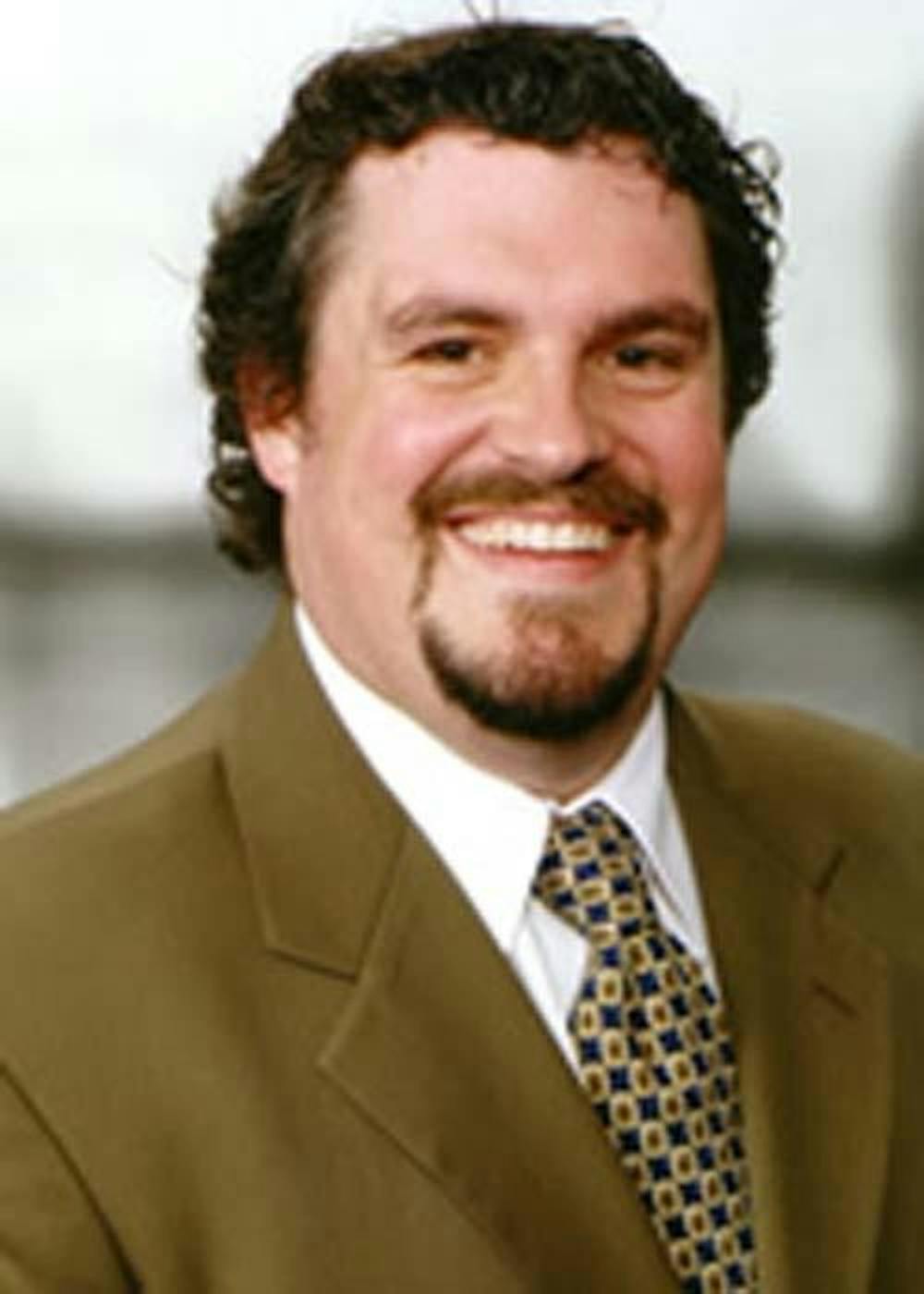Eric Anctil (The Beacon)
By Eric Anctil, Guest Commentary
This week 26,000 Chicago teachers continue their strike which leaves 400,000 students in the third-largest school system in the country at home. At the heart of the strike are the teachers' objections to proposed changes to teacher-evaluation procedures which would place more emphasis on student performance on standardized test scores in assessing teacher performance. The teachers' union also seeks a 29 percent pay raise for an increase in daily instructional time, smaller class sizes, and better facility maintenance at the schools.
Despite the details that are in dispute, what is really at stake is how the country's largest school systems - like Chicago - are going to meet the challenge of educating many of America's poorest and most vulnerable students with less money and increased pressure to perform.
Almost 80% of the students in the Chicago school system qualify for free and reduce lunch. These students have much larger problems in their lives than poor performance on standardized tests; they are individuals fighting to survive in a largely hostile world in which school is just a small part of the daily struggle. Many lack basic school supplies, live far below the poverty line, and have parents who work all the time and are rarely home or who don't live with them at all.
We live in country where many middle and upper-middle class families have chosen to move their kids to better funded suburban schools or opt out of public schools for a private school education. This leaves urban public school teachers scrambling to educate a community's poorest and most vulnerable students in schools that lack basic resources, are often crumbling down around them, and where the most pressing question isn't "What did you learn today?" but "How did you do the on test?"
Student performance - and evaluating and compensating teachers based on student performance - is at the heart of President Obama's education reform strategy and is what Chicago Mayor Rahm Emanuel is proposing as he looks to redefine the Chicago school system's relationship to its teachers.
Unfortunately, none of the proposed solutions offered by Mayor Emanuel or President Obama (or past administrations) address the real problem with urban education which is the troubling social conditions which contribute to low test scores, high drop-out rates, and bleak futures for many urban school students.
Blaming teachers for their students' test scores ignores the larger social problems these teachers confront in classrooms. We don't blame doctors for their patient's illnesses; likewise, we shouldn't blame these teachers because their students are poor and lead troubled lives.
In medicine, we look to the larger system factors that contribute to poor health and try to affect system-wide change. We need to do the same in education. Better access to affordable housing and healthcare is a start. Living wages for parents and safer neighborhoods for kids would all make a difference and are more likely to bring up test scores than laying the blame at the feet of the teachers who agree to teach in the most challenging environments and are often vilified by the public when their patients don't magically get better.
Eric Anctil is an education professor. He can be reached at anctil@up.edu
Teachers' Strike Fast Facts
As of Wednesday, the Chicago teachers' strike ended with a tentative agreement. What the Teachers get: b 17.6 percent raise over four years. b The removal of a merit based pay system based on students standardized test scores b Only 30 percent of teacher evaluations will be based on test scores b Health insurance costs will not be increased What the Mayor gets: b The school day and year will be longer. b Teacher evaluations will still be based in part on test scores. What the kids get: b For students starting school this year, 2.5 more years of school due to the longer school day and year. -Source: CNN








